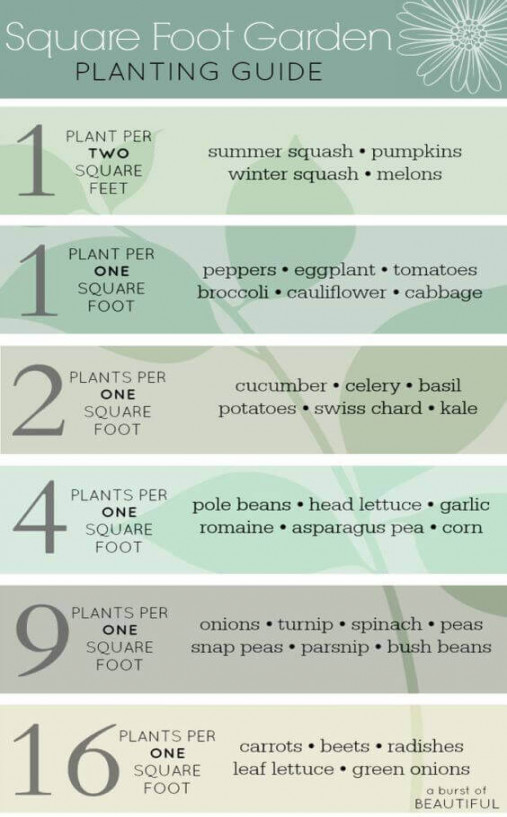Are you someone who has always wanted to start your own garden but didn’t know where to begin? Well, you’re in luck because this ultimate guide to beginner gardening tips has got you covered! Whether you have a small balcony or a spacious backyard, there’s nothing quite like the satisfaction of growing your own plants, fruits, and vegetables.

In this article, we will cover everything from selecting the right soil to choosing the best plants for your climate and growing conditions. We’ll also delve into some common mistakes that beginners make and how to avoid them. So, let’s get started!
Beginner Gardening Tips: Getting Started
Determining Your Space and Light
The first step in starting your own garden is to determine the space and amount of light you have available. Do you have a balcony with limited sunlight, or do you have a spacious backyard with plenty of sun exposure? Knowing your space and light conditions is essential before choosing your plants.
Selecting the Right Soil
Choosing the right soil is crucial in ensuring your plants have the necessary nutrients to grow and thrive. Soil should be well-draining, meaning it should not hold too much water, and it should be rich in organic matter. You can purchase pre-mixed soil, or you can create your own by mixing compost, peat moss, and vermiculite.
Choosing the Best Plants for Your Climate and Growing Conditions
When it comes to choosing plants, it’s important to consider your climate and growing conditions. Certain plants thrive in specific temperatures and soil types, so doing your research beforehand can prevent disappointment later on. Some great plant options for beginners include herbs, tomatoes, peppers, and lettuce.
Watering Your Plants
Water is crucial in keeping your plants healthy and hydrated. But, it’s important not to overwater or underwater your plants. As a general rule, plants should be watered when the top inch of soil feels dry to the touch. However, this can vary depending on the plant and environmental conditions.
Feeding Your Plants
Feeding your plants with the right nutrients is essential in ensuring they grow healthy and strong. You can purchase plant food from your local gardening store or create your own organic fertilizer using compost and other natural ingredients.
Composting
Composting is a great way to recycle food waste and create nutrient-rich soil for your plants. You can create a compost bin in your backyard or purchase a composting system. Compost can be added to your soil to improve its quality and provide essential nutrients to your plants.
Common Mistakes to Avoid
Overwatering
Overwatering can lead to root rot and other fungal diseases, which can harm your plants. Make sure to check the soil moisture before watering your plants and avoid watering them too frequently.
Underwatering
On the other hand, underwatering can cause your plants to wilt and die. Make sure to water your plants regularly and monitor their soil moisture levels to ensure they have enough water.
Not Enough Sunlight
Most plants require at least six hours of sunlight a day to grow properly. If your plants aren’t receiving enough sunlight, they may become stunted or fail to produce fruit or flowers.
Crowded Plants
Planting too many plants in a small space can lead to competition for resources like water and nutrients. Make sure to space your plants properly and thin them out if they become overcrowded.
Not Pruning
Pruning is the process of trimming away dead or damaged branches to promote healthy growth and airflow. Make sure to prune your plants regularly to prevent disease and increase their overall health and vitality.
Not Knowing When to Harvest
Knowing when to harvest your fruits and vegetables is crucial in ensuring they are at their peak flavor and quality. Make sure to research when to harvest your plants and avoid harvesting them too early or too late.
Frequently Asked Questions
How often should I water my plants?
Most plants should be watered when the top inch of soil feels dry to the touch. However, this can vary depending on the plant and environmental conditions.
How do I know if my plant is getting enough sunlight?
Most plants require at least six hours of sunlight a day to grow properly. If your plants aren’t receiving enough sunlight, they may become stunted or fail to produce fruit or flowers.
Can I start a garden without a yard?
Yes! You can start a garden in a variety of spaces, including balconies, patios, and even windowsills.
What are the best plants for beginners?
Some great plant options for beginners include herbs, tomatoes, peppers, and lettuce.
How do I fertilize my plants?
You can purchase plant food from your local gardening store or create your own organic fertilizer using compost and other natural ingredients.
How do I protect my garden from pests?
There are a variety of ways to protect your garden from pests, including using natural repellents, planting companion plants, and handpicking pests.
Conclusion
Starting your own garden can be a rewarding and fulfilling experience. By following these beginner gardening tips, you’ll be on your way to creating your own garden oasis in no time. Remember to choose the right soil, plants, and growing conditions, and avoid common mistakes like over-watering and not pruning. With a little patience and perseverance, you’ll soon be harvesting your own fresh fruits and vegetables!
